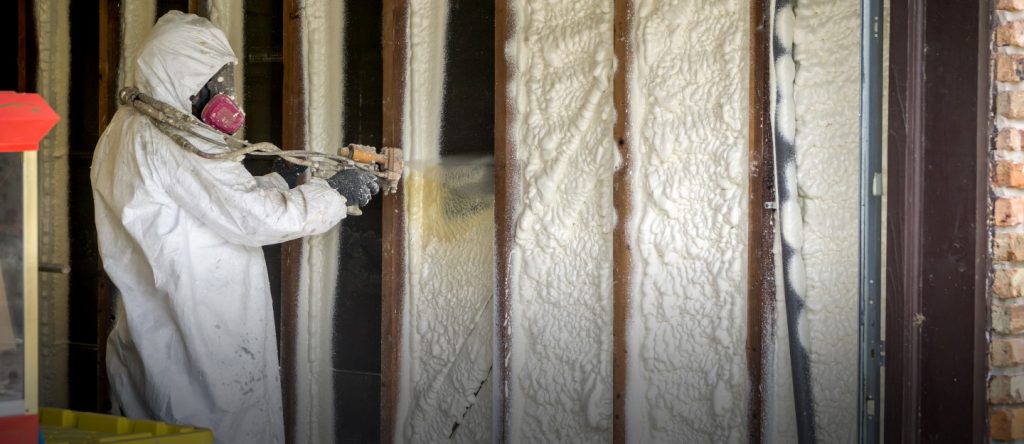In the pursuit of healthier homes and happier lives, indoor air quality plays a pivotal role, and one significant factor that can greatly impact IAQ is the choice of insulation. Spray foam insulation, recognized for its superior thermal properties and air-sealing capabilities, has gained prominence as an effective solution not only for energy efficiency but also for maintaining a healthier indoor environment. Indoor air quality, a crucial aspect of overall well-being, refers to the air quality within and around buildings and structures, especially as it relates to the health and comfort of occupants. Poor IAQ can lead to a range of health issues, including respiratory problems, allergies, and even more severe conditions. Contaminants such as dust, mold, volatile organic compounds, and other allergens tend to accumulate in indoor spaces over time, contributing to an unhealthy living environment. Fiberglass and cellulose insulation, for instance, can sometimes become breeding grounds for mold and may not effectively prevent air leakage. This is where spray foam insulation comes into play.

Spray foam insulation is composed of two liquid components that, when combined, expand and solidify into a foam. This foam adheres to surfaces, creating an airtight seal that not only insulates but also prevents air infiltration. This air-sealing quality is crucial for maintaining consistent temperatures and minimizing the entry of pollutants from the outside. One of the remarkable attributes of spray foam insulation is its ability to seal even the tiniest of cracks and gaps that are often overlooked. By eliminating these potential pathways for air and moisture intrusion, spray foam insulation significantly reduces the likelihood of mold growth and the circulation of allergens throughout the indoor environment. This can lead to a reduction in respiratory irritations and allergy symptoms among occupants. Additionally, the airtight seal created by spray foam insulation contributes to improved energy efficiency. By preventing conditioned air from escaping and unconditioned air from entering, homeowners can reduce their reliance on heating and cooling systems, resulting in lower energy bills and a reduced carbon footprint. This dual benefit of enhanced IAQ and energy efficiency demonstrates the holistic advantages of spray foam insulation.
It is important to note that while spray foam insulation offers numerous benefits, its installation should be carried out by trained professionals. The expansion process and the chemicals involved require proper handling and application techniques to ensure both effectiveness and safety. The connection between healthier homes and happier lives is intrinsically linked to indoor air quality, and spray foam insulation stands as a notable solution to enhancing both. By providing an airtight barrier that prevents the intrusion of pollutants and the growth of mold, spray foam insulation contributes to improved respiratory health and a reduction in allergens circulating within the indoor environment and visit here https://americaninsulationco.com/orlando/spray-foam-insulation/. Furthermore, the energy-saving properties of this insulation type align with environmental sustainability goals, promoting not only healthier living but also a happier planet. However, homeowners should always prioritize professional installation to maximize the benefits of spray foam insulation while adhering to safety protocols. Ultimately, the choice of insulation material can go a long way in creating a comfortable, healthy, and inviting living space.
